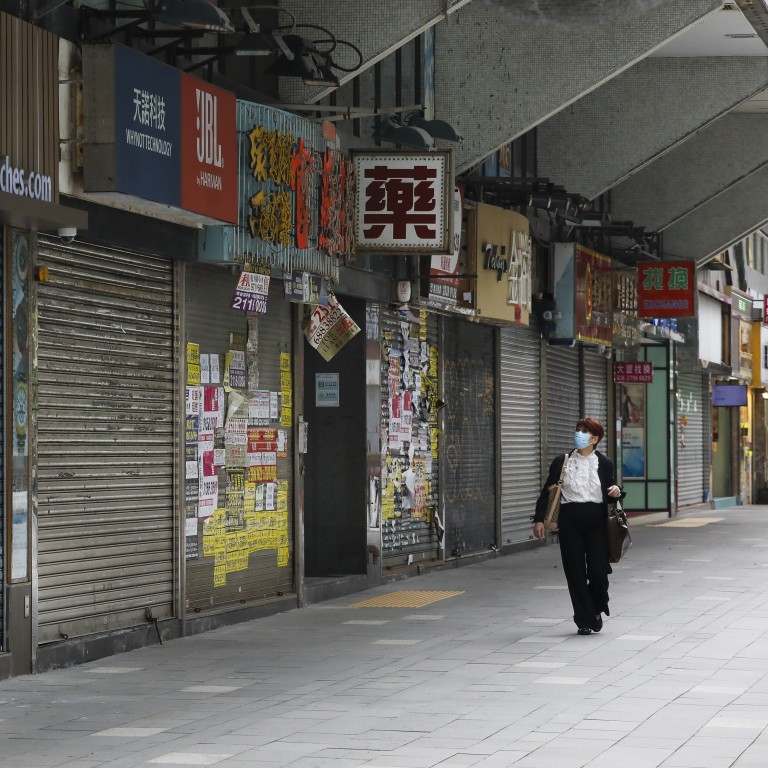
Year of the Ox is already looking like a step up for Hong Kong property market from the one just passed
- Hong Kong’s economy and property market will firmly be on a slow, steady road to recovery by spring
- There will be a great deal of wait-and-see in the first quarter, but it will not linger for long as things look up with vaccination plan in progress
There will not be an overnight transformation but 2021 – The Year of the Ox – is already looking like a step up from the one just passed.
Looking ahead, some analysts believe upgrader demand makes the market look stronger than it actually is, and predict mass prices are going to fall another 5 per cent next year – as much as 10 per cent at the luxury end. These perspectives undervalue Hong Kong’s solid fundamentals, which are not going anywhere. There will be a great deal of wait-and-see in the first quarter, but it will not linger for long.
Nonetheless, there are key factors that will impact residential markets in 2021 – Covid-19’s status, the local economy and property supply, a low interest rate environment, and international and local policy.

05:09
What there is to know about the Covid-19 vaccines roll out in Hong Kong
The coronavirus fight is, of course, first and foremost on everyone’s mind, the single biggest influence on every element of our lives right now. With vaccination programmes already under way in the United Kingdom and the United States, and set for the Hong Kong special administrative region in February, the world released the collective breath it was holding. It is still going to be a while before any of us jet off on holiday, and flash outbreaks will continue, but in a sentiment-driven market like Hong Kong’s, it is the kind of news that has a positive effect.
Coming in under the radar are the still historically low interest rates purchasers can embrace. As we approach two decades in a low-rate environment (they were under 1 per cent during the outbreak in 2003 of the Severe acute respiratory syndrome), investors are more willing than ever to tolerate low yields on their property investments, and end users sitting on cash earmarked for homes are willing to take the plunge because rates are likely to stay low.
The US Federal Reserve has threatened rate hikes for 10 straight years and that has yet to translate into real increases; financing remains under 3 per cent. With banks actively offering financing, we predict buyers are going to start acting in 2021.
Finally, international and local policy will rear their heads, and even with the relief offered by a Biden administration in Washington, relations between China and the US are going to remain strained. The difference is that the prospect of a proper statesman practising diplomacy, even as he must placate more than 70 million Trump supporters, will help boost sentiment. At home, do not expect policy in Hong Kong to change: the cooling measures implemented since 2012 have strengthened the market overall, and with prices barely coming off in a pandemic year they are going to stay in force. The only policy potentially on the horizon would be a welcome solution to making property accessible at the lower end of the market.
Hong Kong’s monetary authority eases commercial property mortgage rules for the first time since 2009
It has been a hard slog, no doubt, but with supply tight and sentiment improving over the next two years – and as long as we keep washing our hands – in five years 2020 could be a tragic footnote.
Victoria Allan is founder and managing director of Habitat Property

